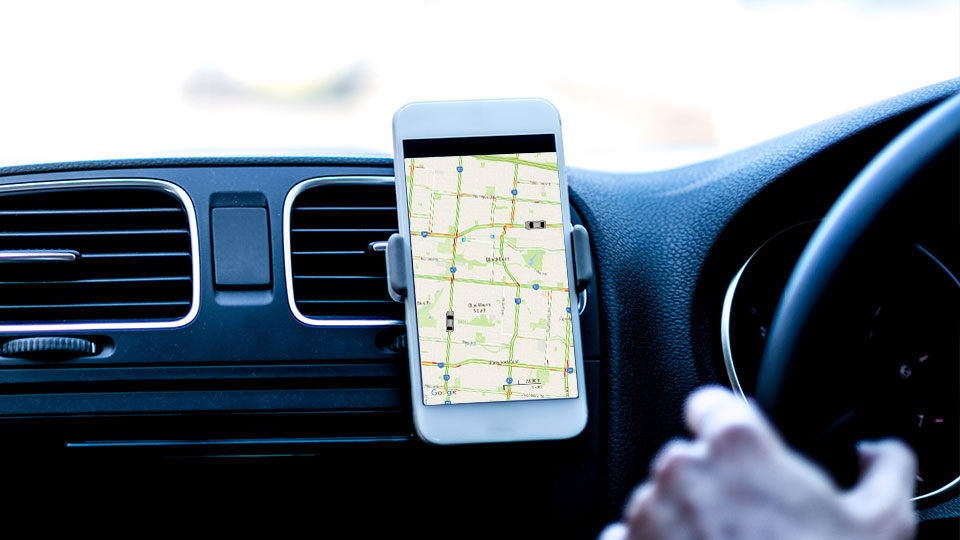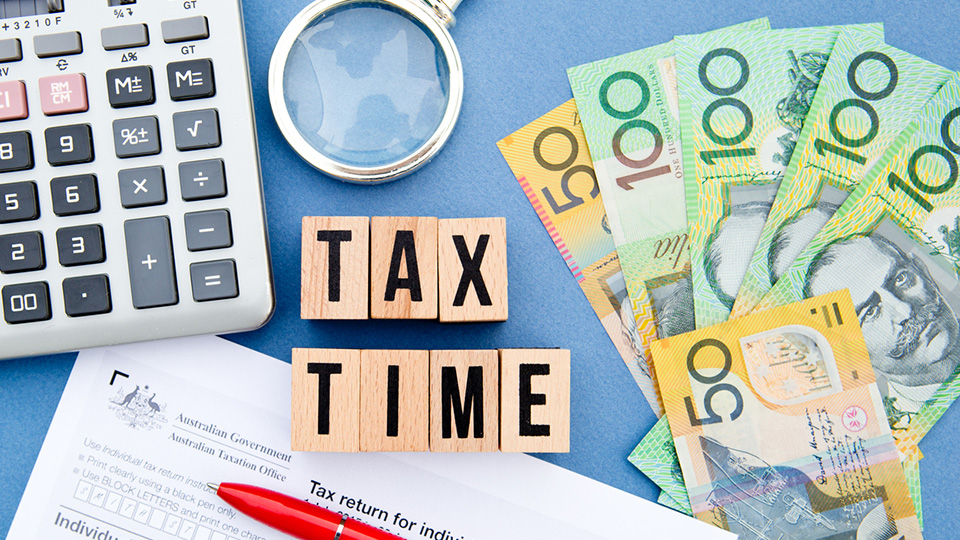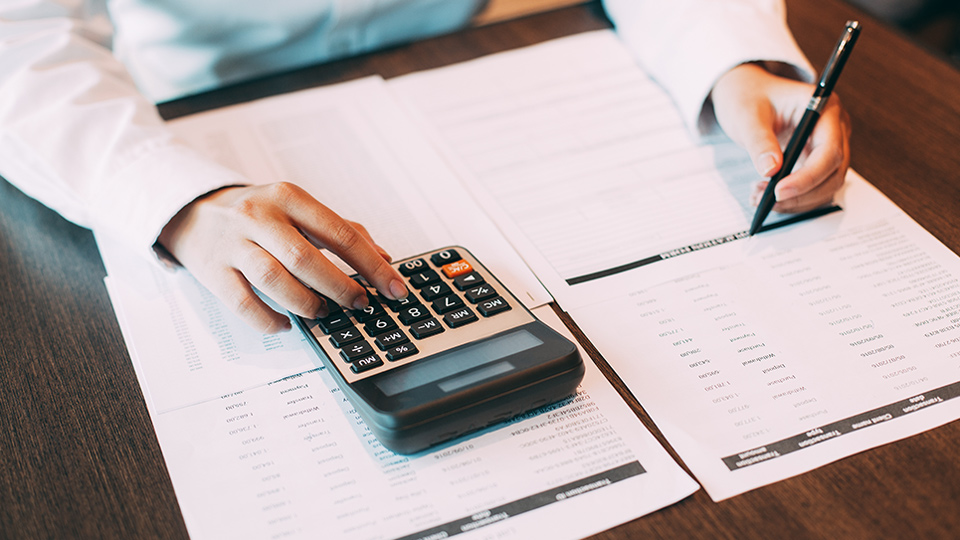January 9, 2017
Employers and the ‘backpacker tax’: Changes to working holiday maker tax rates

Tax rates have changed for working holiday makers who are in Australia on a 417 or 462 visa, and employers of working holiday makers will need to register with the tax office before the end of January.
In late 2016, the Senate passed the Coalition’s “backpacker tax” after successful negotiations with the Greens.
As a result, from 1 January 2017, working holiday makers must now be taxed at 15% on the first $37,000 of their income, with the balance taxed at ordinary marginal rates.
What does this change mean for holiday makers?
Previously, working holiday makers that qualified as Australian residents for tax purposes were taxed at Australian resident marginal tax rates which included entitlement to claim the $18,200 tax-free threshold.
Working holiday makers that did not qualify as Australian residents for tax purposes were taxed at foreign resident rates.
What does this change mean for employers?
This change means employers now must withhold tax at a rate of 15% on the first $37,000 of income for all working holiday makers, regardless of employees’ residency status for tax purposes.
Holders of subclass 417 (Working Holiday) or 462 (Work and Holiday) visas are classified as working holiday makers – if you are an employer of such visa holders, you are likely affected by the changes.
Employers are now also required to register with the Australian Taxation Office as employers of working holiday makers.
An unregistered employer must withhold tax from working holiday workers’ pay using foreign resident tax rates. Foreign resident tax rates apply a rate of 32.5% to the first $37,000 of income.
If you employed a working holiday maker before and after 1 January 2017, you need to issue two payment summaries for this financial year: one for income earned up to 31 December 2016 (using code S), and one for income earned from 1 January 2017 (using code H).
The registration deadline is 31 January 2017, and penalties may apply if you fail to register or withhold tax at appropriate rates.
LDB’s advice is to register as soon as possible.
Need advice about the changes to the backpacker tax?
If you’re an employer and still unsure what these tax changes mean for your business, LDB’s tax professionals can help.
If you have any queries in relation to the above information or require assistance in registering and administering the changes, please contact LDB Principal Daniel Dubois by phoning (03) 9875 2900 or completing the contact form below.
This article was written with the involvement of Charly Kight, Accountant.





